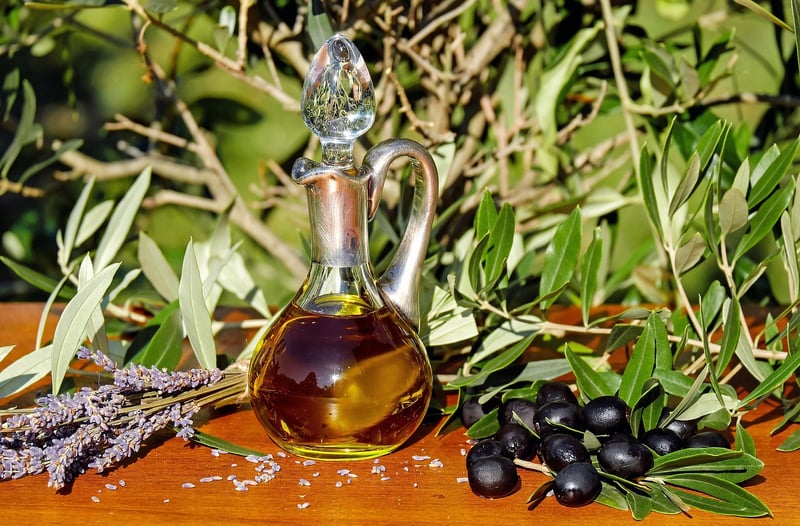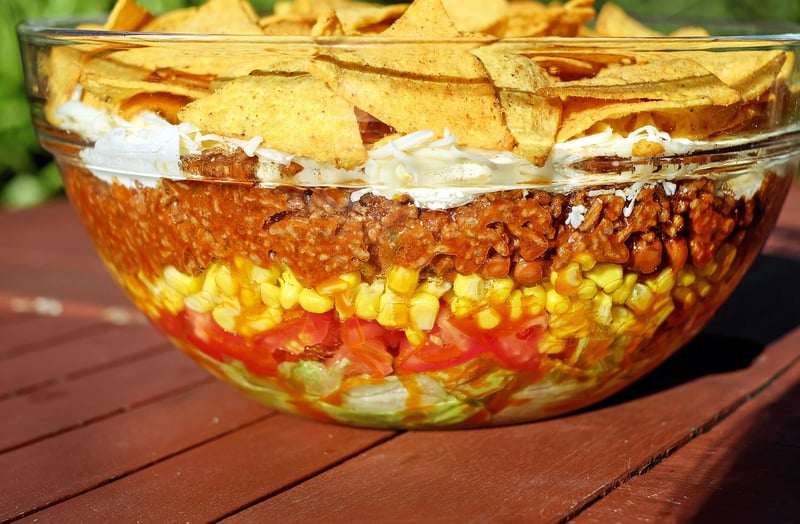Global Influences
The Rich Heritage of Food and Its Global Influences
Food is not just a source of sustenance; it is a reflection of cultural heritage and history. Throughout the centuries, different regions around the world have developed unique culinary traditions influenced by their geography, climate, agriculture, and cultural exchanges. Let's explore the rich heritage of food and how global influences have shaped it into what we enjoy today.
1. Asian Cuisine
Asian cuisine is known for its diverse flavors, aromatic spices, and colorful ingredients. From the fiery curries of India to the delicate sushi of Japan, Asian food reflects a harmonious balance of taste, texture, and presentation. Influences from China, India, Thailand, Japan, and other Asian countries have merged to create a tapestry of flavors that is both exotic and comforting.

2. Mediterranean Delights
The Mediterranean region is famous for its healthy and flavorful cuisine. With staples like olive oil, fresh vegetables, seafood, and aromatic herbs, Mediterranean dishes are a celebration of simplicity and freshness. Influences from Greece, Italy, Spain, and other Mediterranean countries have traveled far and wide, influencing cuisines across the globe.

3. Latin American Flavors
Latin American cuisine is a fusion of indigenous ingredients, European influences, and African flavors. From the spicy chilies of Mexico to the hearty stews of Argentina, Latin American food is a celebration of bold flavors and vibrant colors. Influences from Spain, Portugal, Africa, and indigenous cultures have come together to create a culinary landscape that is as diverse as the region itself.

4. Middle Eastern Cuisine
Middle Eastern cuisine is a tapestry of flavors, textures, and aromas. With ingredients like chickpeas, lamb, yogurt, and fragrant spices, Middle Eastern dishes are a delight for the senses. Influences from Persia, Turkey, Lebanon, and other Middle Eastern countries have created a culinary tradition that is both ancient and innovative.

5. African Culinary Traditions
African cuisine is as diverse as the continent itself, with each region boasting its unique flavors and cooking techniques. From the spicy tagines of Morocco to the hearty stews of West Africa, African food is a celebration of community and tradition. Influences from indigenous tribes, colonial powers, and neighboring regions have all contributed to the rich tapestry of African culinary traditions.

Exploring the rich heritage of food from around the world not only tantalizes the taste buds but also provides a glimpse into the history, culture, and traditions of different societies. The next time you sit down to enjoy a meal, remember that you are not just eating; you are experiencing a piece of global history on your plate.
